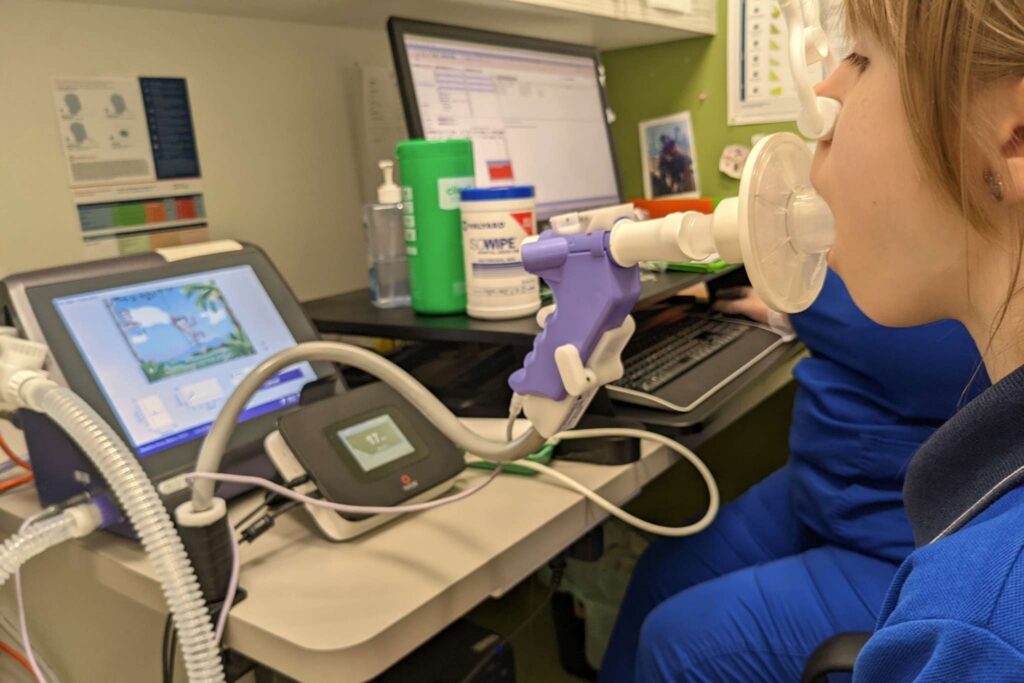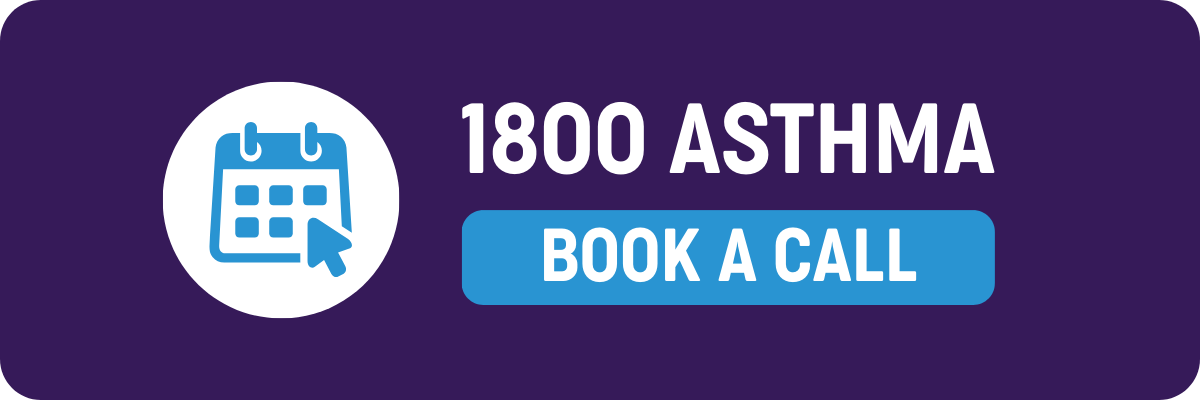Steps to diagnose asthma in children
Diagnosing asthma in kids can be tricky. The doctor will assess the child’s symptoms, history and response to asthma treatment. If the child is over six years old, a lung function test can be done as well. Kids aged five and under are hard to diagnose with certainty because wheeze and cough are very common in these age groups and are not usually asthma. Asthma should not be diagnosed in babies less than 12 months old. Noisy breathing is very common in babies, especially those under six months old.
Once the doctor does figure out if your child has asthma, they can start giving them the right treatment.
Here are some things the doctor will think about when looking for a diagnosis.
Doctors will consider |
|
| Asthma more likely | Asthma less likely |
| More than one of: wheeze, trouble breathing, chest tightness or cough | Just cough without wheeze or trouble breathing |
| Symptoms happen when the child doesn’t have a cold | Symptoms only happen when the child has a cold, not between colds |
| Symptoms respond to asthma treatment |
Symptoms don’t respond to asthma treatment |
| Symptoms come back often |
Symptoms that suggest something else |
| Worse at night and in the early morning |
Symptoms aren’t predicted by time of day |
| Triggered by common asthma triggers |
Unsure of triggers |
| Family history of asthma or allergies |
No family history of asthma or allergies |
Keeping a symptom diary
By keeping a symptom diary such as the one below, you can collect some of the clues your doctor needs to correctly diagnose your child. A simple diary where you note the days your child has symptoms and what makes them better or worse can also work well.
Lung function testing: Spirometry

Lung function tests can also be used to diagnose or assess asthma in kids aged 6 years or older. Spirometry is a common lung function test that measures how well a person’s lungs work. Although it may take some effort, the test is not painful.
What happens during the test?
Sometimes your doctor or someone in the clinic will be able to do the spirometry test themselves. Other times, your doctor might send your child to a lung clinic for the test. Your doctor will tell you if you need to do anything special to prepare, such as not using certain preventer inhalers the morning of the test. If your child has an asthma flare-up the day their test is scheduled, check with their doctor to see if the test can go ahead.
During the test, your child will blow air into a mouthpiece attached to a small machine. They will need to blow out as hard and as fast as they can. Your child might like to practice by blowing into balloons.
The appointment takes around 20-30 minutes and your child may need to perform the test several times to ensure correct readings. Often, the doctor will take a reading before and after your child uses their reliever, so they can see how much difference the reliever makes.
Don’t worry if they can’t do it on their first go. The person giving the test will have lots of experience with kids and will be patient if they need a few practice breaths first!
After the test, your child can go back to their normal activities and continue using their normal medicines. Make an appointment with your child’s doctor to discuss the results.






